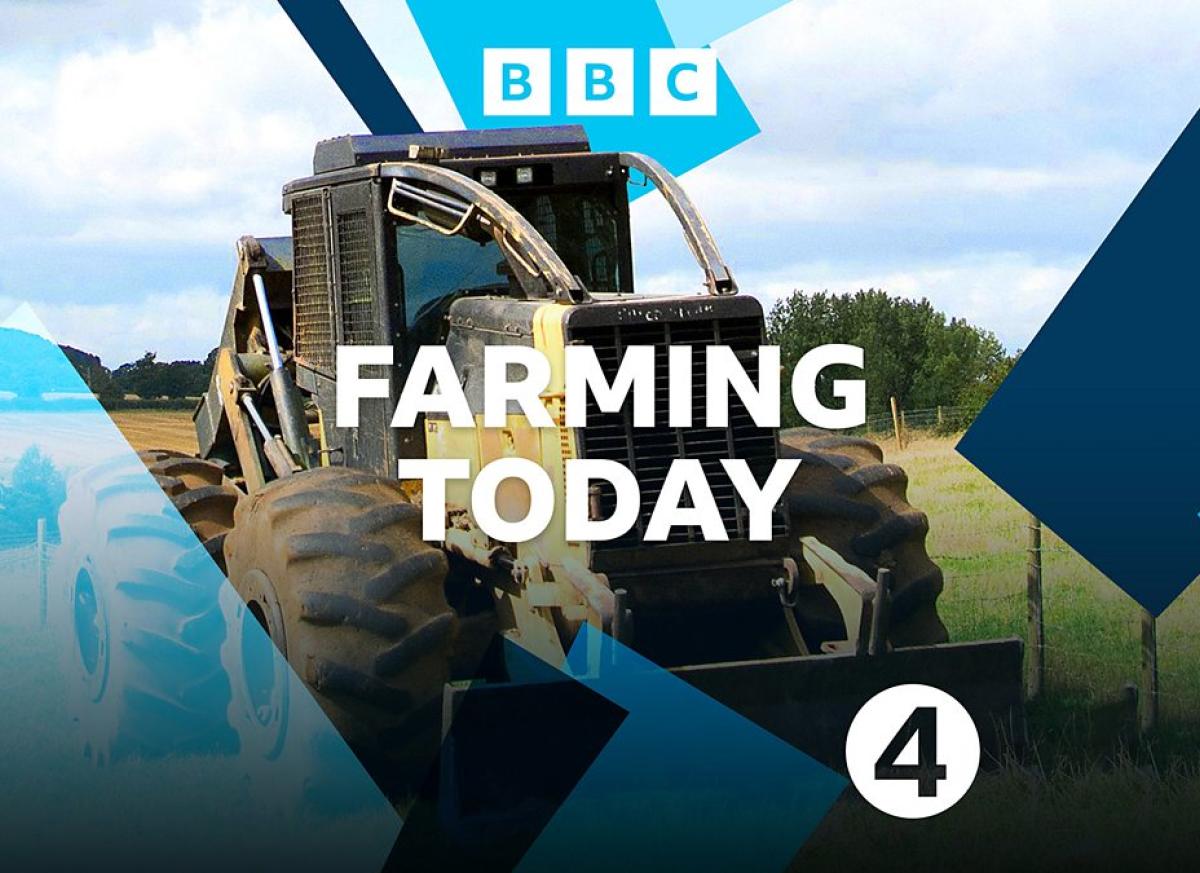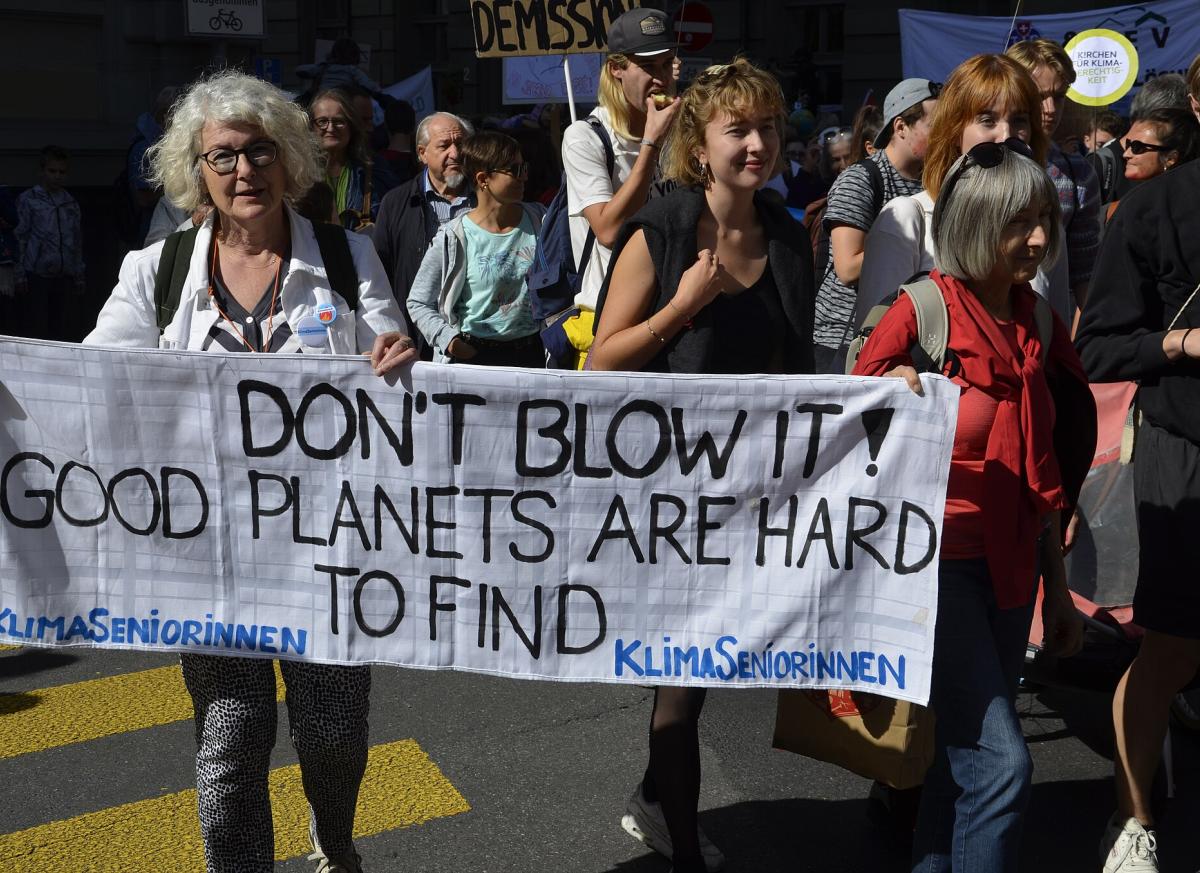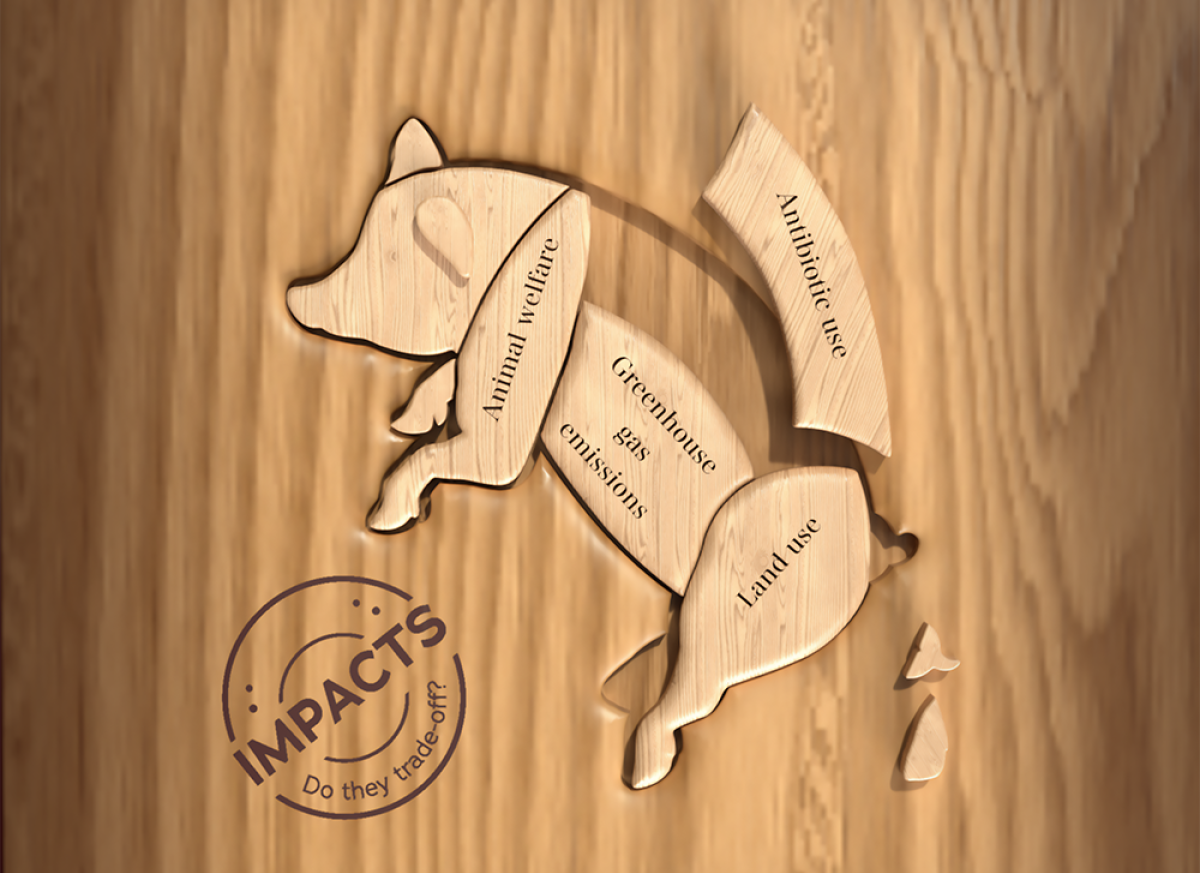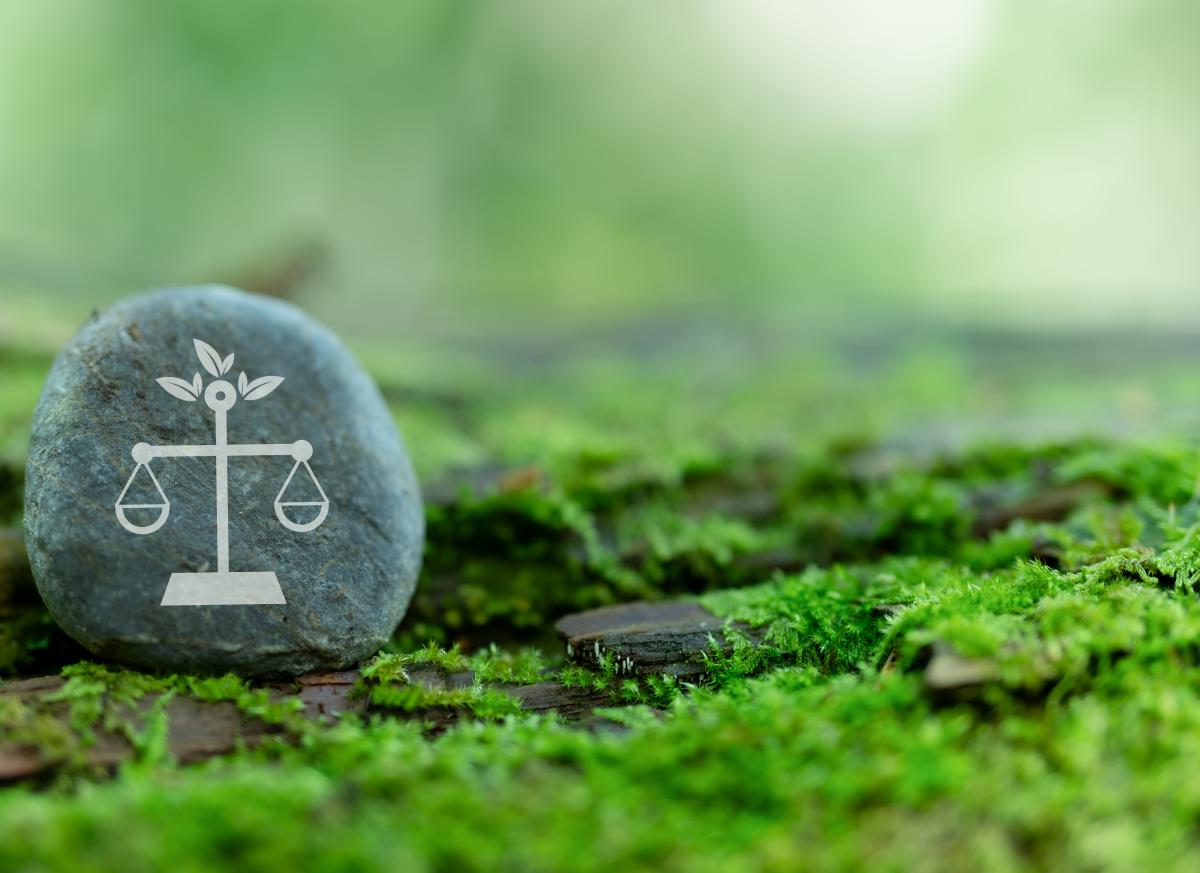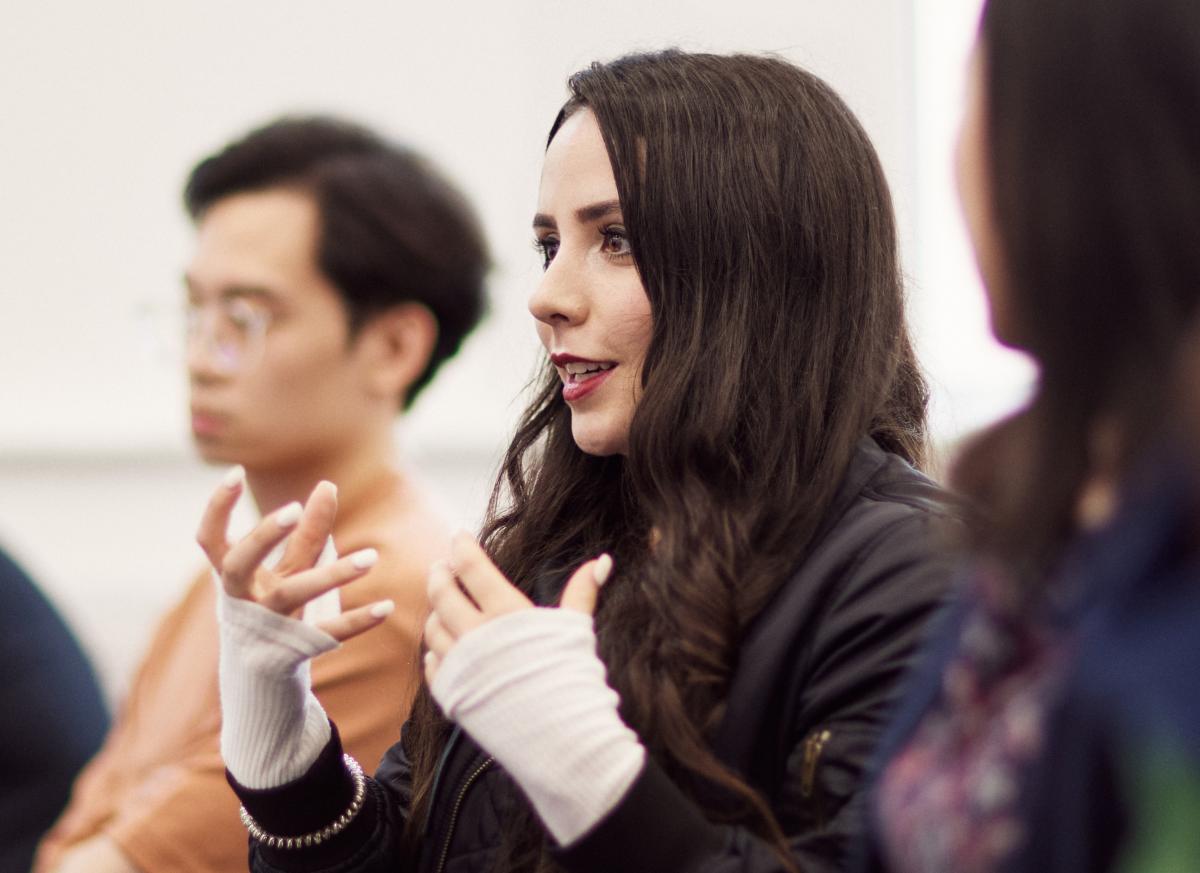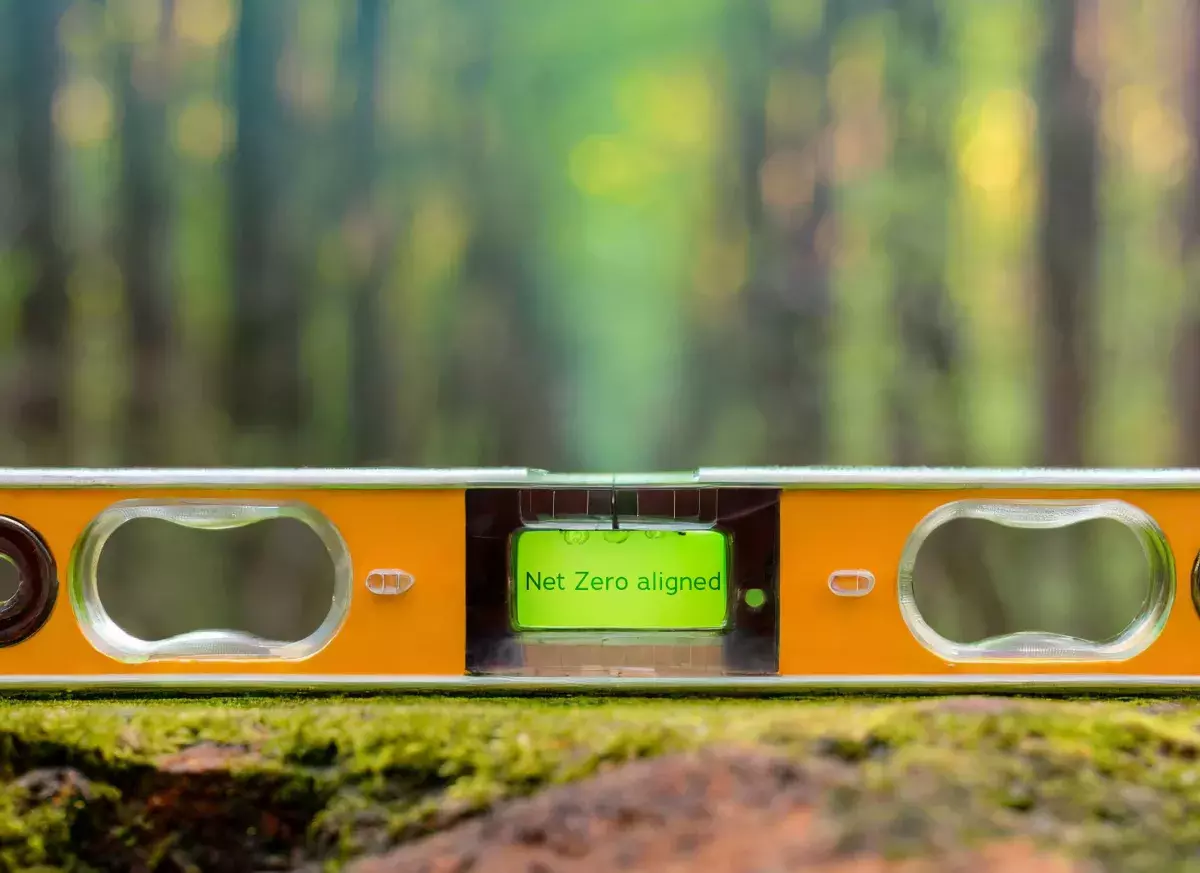News
Scotland is ditching its flagship 2030 climate goal – why legally binding targets really matter
Sam Fankhauser writes in The Conversation on Scotland’s decision to abandon its 2030 climate ambition. "It has always been clear that legally binding carbon targets on their own are no guarantee for climate action," he writes. "They matter, but the key to climate protection is a genuine commitment to implementation."
Financial impact of extreme weather on farms, sustainable pork labelling, upland sheep farming vs conservation.
BBC Farming Today interviewed Dr Harriet Bartlett about research she led into different types of pig farming, which concludes the current pork labelling schemes do not help to identify the best pig farms for the climate, anti-biotic use, environment and animal welfare overall. "Our results really show that instead of [labelling systems] focusing on the production method or farm type, it would be much better to focus on outcomes that people care about, so actual outcomes for animal welfare and the environment," said Dr Bartlett.
Smith School MSc graduate Lucy Lyons listed in Forbes 30 under 30
Lucy Lyons, a graduate of the Oxford Smith School’s MSc in Sustainability, Enterprise and the Environment, is featured in this year’s coveted Forbes 30 under 30 list, in the technology category.
Oxford contributes to landmark climate case
For the first time, the European Court of Human Rights has ruled that weak government climate policies violate fundamental human rights. Research co-authored by the Sustainable Law Programme was cited in the final judgement in favour of the KlimaSeniorinnen.
Pork labelling schemes ‘not helpful’ in making informed buying choices, say researchers
Farmers don’t have to choose between lowering environmental impact and improving welfare for their pigs, a new study has found: it is possible to do both. But this is not reflected in the current food labelling schemes relied on by consumers, finds new Smith School research.
How to write a corporate climate plan
The UK’s Transition Plan Taskforce issues new disclosure guidance for companies. With comment from Ben Caldecott, Director of the Oxford Sustainable Finance Group, who co-heads the Taskforce.
Enforce net zero with global ‘ground rules,’ say Oxford academics
Academics at the University of Oxford have called for rigorous net zero ‘ground rules’ – encompassing laws, regulation and policy – to be implemented and enforced across the world, in an article published in Nature Climate Change today.
Claudia Herbert Colfer on the impact of the Oxford Smith School MSc
2021-22 Oxford Smith School alum Claudia Herbert Colfer was a programme coordinator in the UN Global Compact when she enrolled on the Smith School of Enterprise and the Environment’s MSc in Sustainability, Enterprise and the Environment.
Bank Capital Rules Are Holding Back Transition: Study
ESG Investor & Regulation Asia highlight new analysis from INET and Smith School researchers which finds that the models used by banks produce a lower risk rating for high carbon than low carbon sectors - tilting the scales in favour of fossil fuels and holding back a fast, cost-effective energy transition in Europe.
Calls for international criminal court to end ‘impunity’ for environmental crimes
Lawyers and scientists including leading academics from the Oxford Sustainable Law Programme called for the International Criminal Court to actively engage in addressing environmental degradation and destruction. They noted that human activities leading to severe environmental harm often violate human rights, and so could be treated in the same as way as crimes such as genocide or crimes against humanity.
Top 5 common misconceptions about how to use the Oxford Offsetting Principles
The revised Principles present an opportunity to help users avoid common pitfalls in applying the Principles and establishing and maintaining a net zero aligned strategy. here we present the Top 5 common misconceptions about how to use the Oxford Offsetting Principles.
Andean alarm: climate crisis increases fears of glacial lake flood in peru
Lake Palcacocha is at increased risk of bursting its banks and flooding the town of Huaraz below it, because of climate change, reports the The Guardian. The article cites research led by Dr Rupert Stuart-Smith, which concluded that human-caused climate change has shrunk the glacier which feeds the lake, in turn raising the water to dangerous levels.

